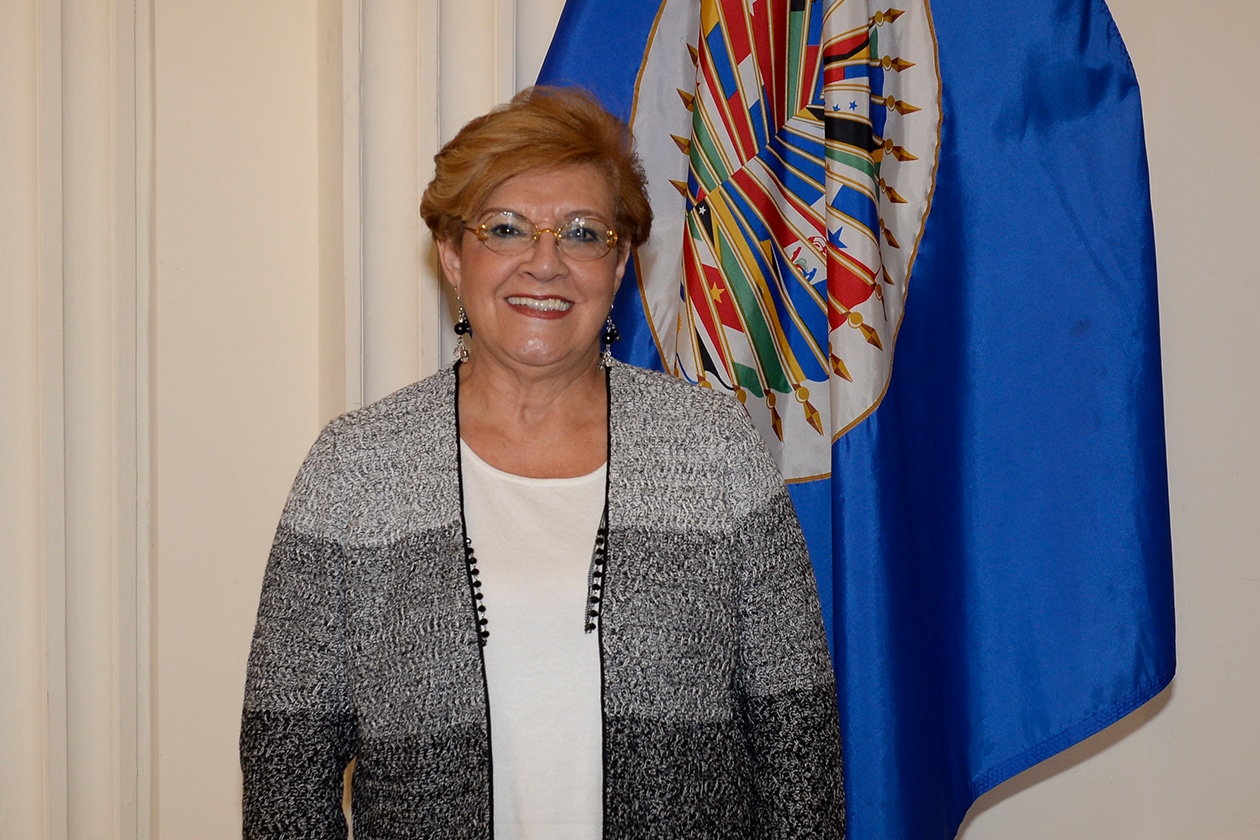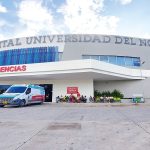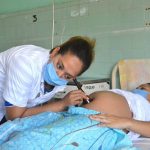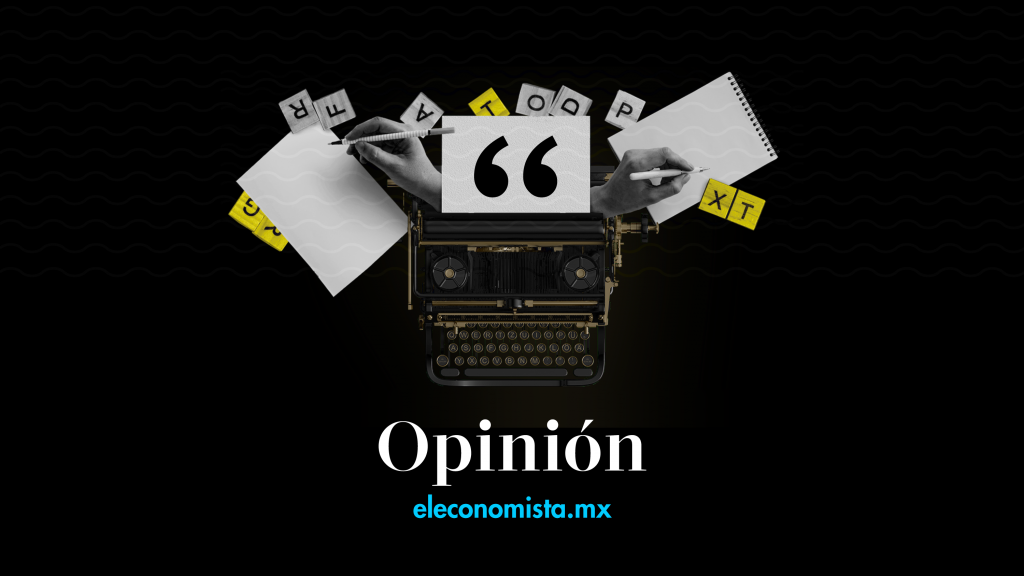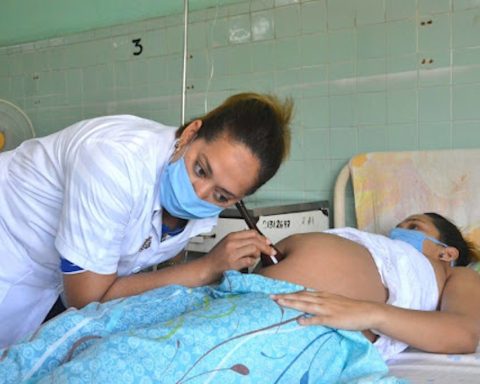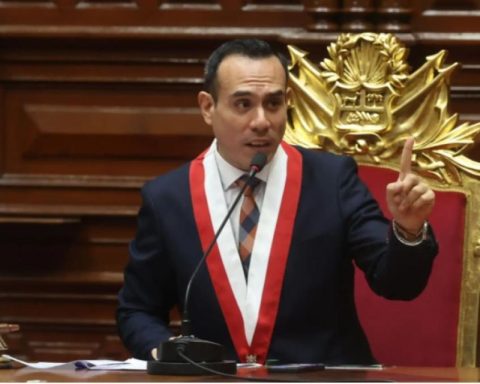The regime of Daniel Ortega and Rosario Murillo “must be held accountable before the international community” for the death of political prisoner Hugo Torres, who died in state custody last Friday night, affirms the rapporteur for Nicaragua of the Inter-American Commission on Human Rights, Esmeralda Arosemena de Troitiño. “The State is the guarantor of life, of the integrity of the people who are in its custody,” she says.
Nicaragua is a signatory to the American Convention, and the Inter-American Convention against Torture, which obliges it to respond to allegations of human rights violations in Nicaragua. And given the demand for an independent investigation into Torres’ death, the IACHR rapporteur for Nicaragua estimates that the inter-American body could work together with the United Nations human rights office to offer the State its tools to clarify the facts. , although the State’s refusal is predictable.
In interview with Tonightthe Panamanian jurist urged the Daniel Ortega regime to carry out an immediate exhaustive review of all elderly political prisoners held in the cells of the Directorate of Judicial Assistance known as “El Chipote”, to guarantee their rights to health and cease the degrading conditions to which they are subjected.
And regarding the political trials that take place behind closed doors in El Chipote, he assesses that there are no precedents in Latin America where so many judicial guarantees and due process have been violated. “The very scenario where these processes are taking place already implies, in itself, a violation. Only in the dictatorships of our America do these things happen with the trials”.
“It is important that the States of the region look at Nicaragua and take a leading role in seeking a real return to a life of freedom and democracy,” he warns.
What evaluation does the IACHR have of the political prisoners in Nicaragua and their trials in the Chipote prison?
Concern about the crisis situation, a crisis that not only translates into a political one, but also a human rights crisis.
The situation of the political prisoners is a situation of violation of rights in matters of justice, a justice without due process and without compliance with the judicial guarantees that, for a country like Nicaragua, which I know, which has its constitutional norms in that these guarantees are consecrated, is not only the violation of international law, of the American Convention, but also of the country’s own norms.
Political prisoner Hugo Torres died Friday night in a capital hospital under police custody, after spending eight months in prison and two months missing, presumably hospitalized. What are the implications of his death in state custody?
Internationally, in this commitment that Nicaragua has, by being a signatory of, not only the American Convention, but also the Inter-American Convention against torture, mistreatment, the State becomes not only the obligation to attend, it is the guarantor of the life, of the integrity of the people who are in their custody. And allow me also to send a greeting of condolences to their relatives.
That obligation assumed by the country as guarantor of the life and integrity of the people who are detained has a consequence, and precisely today, in the face of the facts, that Nicaragua will have to render accounts to the international community, to international organizations, because we have that information that he was held incommunicado, that no one knew about him, that his relatives, his representatives did not have this access, and that the result is this sad news.
And I take this opportunity to also make a demand to the Nicaraguan Government. In terms of human rights, criminal law recognizes what detention implies, prison as a sanction: detention as a provisional measure, but prison as a sanction for older adults has its exceptions, and this is qualified as a principle of criminal law. And that is why we urge the Nicaraguan State to carry out an immediate exhaustive review of all the people who are in these conditions, which we also know that the conditions of the prisons where they are detained do not have the minimum conditions, this is a violation of these conventions, of inhuman, degrading treatment, and that must be resolved.
The members of UNAMOS, the party of Hugo Torres, demand an independent investigation into his death, with the IACHR, and also with the Office of the United Nations High Commissioner. Can the IACHR investigate?
We have created some special mechanisms, precisely, in the face of serious situations, of crisis in matters of investigations, but we have always done so with the approval of the State, and we know that Nicaragua is not going to give us the approval to a group of independent experts, who we had the opportunity in 2018 with our GIEI Nicaragua. But I believe that there is a shared responsibility with the United Nations agencies and I believe that we could do joint work to ask Nicaragua, precisely, and offer, from our work, tools, a contribution in an independent, impartial, prompt investigation, to that these facts be investigated with the speed and impartiality that is required, and as effectively demanded by the relatives, the followers of this group, and the people of Nicaragua and the international community.
It is also important that the States of the region look at Nicaragua with the problems it has to seek the construction of a democratic solution, so that, in this case and the real return to a life of freedom, democracy, with solid institutions, the community international take a leading role for this.
Hugo Torres, like other prisoners of conscience, were beneficiaries of provisional measures from the Inter-American Court, which demanded their immediate release from the regime, but the Government disobeyed. What can the Inter-American Court do in the face of the Ortega Government’s non-compliance?
It is this denunciation at the international level that we place Nicaragua as internationally responsible for the violation of conventional norms in which it is obliged, as part of these organizations, to make this public denunciation before the organs of the States, the countries have to assume this position response requirement.
We are preparing, from the Inter-American Commission, all material to collect data, testimonies, and evidence, to prepare for that moment of transition that must take place, and we hope that it will be soon, for truth, justice, and memory of these events, and that this has a responsibility, precisely, for the Government of Nicaragua and for the main actors.
Here the classification of crimes against humanity, violations of rights due to torture, crimes against humanity, will be a story that must be built so that at some point in this story, there will be truth, memory, justice and reparation.
Meanwhile, trials behind closed doors continue to take place in the Chipote cells. Is there any precedent in Latin America for this type of trial being held in Managua prisons?
There is no precedent. That is why the issue of justice is so important to me. There is a concentration of power from the Executive, but the judicial body has its power, that it has to act with a line, not only of independence, but of this awareness of what constitutionally implies being a member of a body of justice.
I was a magistrate of the Supreme Court of Justice of Panama, and really when the initial guarantee is that the defendants have the certainty of a fair, public trial, if the word hearing is, it is precisely so that it is public, so that it is not closed doors. All of these are violations of due process and judicial guarantees. Who is doing these violations? The judicial system; the Public Ministry. Because if a trial has to be made, the trial has precisely the guarantee of developing it with a due process.
So what is Chipote? It is not a justice system. So, the very scenario where these processes are taking place already implies, in itself, a violation of that condition of a natural, impartial judge, and an open hearing, with facilities for the representatives of the people who are detained. And what we have as information is that sometimes not even the possibility of relatives. Taking away work tools from the lawyers themselves; It is a set of violations that…, we have no choice but to continue denouncing this, to continue calling Nicaragua for a democratic response; and only in the dictatorships of our America have these things happened with the trials.
The evidence presented by the Prosecutor’s Office against the political prisoners are opinions, interviews with the media, retweets, and the witnesses are police officers who in some cases are undercover. How does the IACHR evaluate the role of the Attorney General’s Office and the Nicaraguan justice system in these cases?
When the processes were suspended, the argumentation that was used has no legal basis. Retaking, then, the processes to make this development of these trials, in the way it is being done, is still a little worse than the circumstances of violation of rights that are taking place.
The issue of criminal law for the investigator, which is the Public Ministry, the prosecutors, also have their lines of investigation that must be duly supported with evidentiary material, which will be the judge effectively, the one who qualifies, but that investigator cannot appear with a probative material that he knows has no consistency.
When I read part of a text about the crime for which they are put on trial – undermining national integrity – criminal law calls it a blank criminal law, there is no type. Why? Because it has that opening that everyone can get into that expression. And criminal law does not accept that, the criminal type has to be duly identified, precisely to adapt the conduct, and we say a typical conduct because it fits the type… but the criminal type itself that is being given is a blank criminal type, and that justice should not allow it.
Is there any international instrument in the Inter-American Court of Human Rights or the UN to appeal and help the release of political prisoners?
Internal justice must have an answer for international justice or international organizations to intervene. So, with each position that the State assumes, it corresponds to the Inter-American Court, with the provisional measures that have a force of coercion more than the precautionary measure that the Commission itself dictates.
What we have to do is insist on the complaint, insist on communication with the Nicaraguan State so that it gives a response.
And what can the Inter-American Commission on Human Rights do to help achieve the release of political prisoners, and the cessation of human rights violations?
This constant monitoring, being in this permanent denunciation, that we cannot turn our eyes away and stay without doing anything; we are in coordination with many civil society organizations; we are programming dialogue strategies with the countries that we think can be coordinated; We have a country report that we are going to present next March to the OAS, in which we have been able to collect this entire situation.
And what corresponds is to stay present, call for dialogue. We cannot measure the answers in ideological positions, that is why we speak of human rights, respect for the dignity of the other, freedom, the possibility of expressing oneself, that is what we all want, Nicaragua also deserves it.
